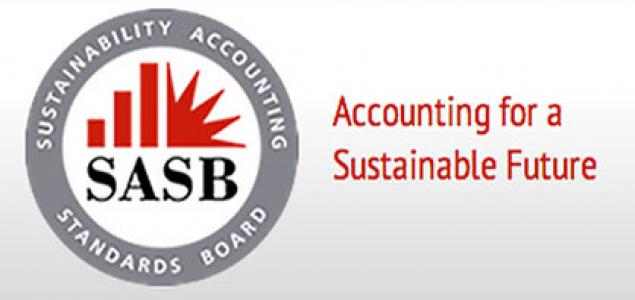The Sustainability Accounting Standards Board (SASB) has issued provisional standards for seven industries in the Consumption I sector. SASB standards help companies manage and disclose the sustainability issues that are likely to have a material impact on the company. The SASB is a 501c3 non-profit organization that provides sustainability accounting standards for use by publicly listed corporations in the U.S.
SASB’s provisional standards in this sector address sustainability disclosure topics relevant for companies in the following industries:
- Agricultural Products
- Meat, Poultry & Dairy
- Processed Foods
- Non-Alcoholic Beverages
- Alcoholic Beverages
- Tobacco
- Household & Personal Products
Example disclosure topics include food safety, labeling & marketing integrity, climate change adaptation, and supply chain management. The standards average six topics per industry, and 71 percent of metrics are quantitative.
“As Consumption industries produce many basic necessities, there’s an inherent tension between the resource-intensity of their operations and the need to produce food, beverages, and household products for a growing population,” says Dr. Jean Rogers, Founder and CEO of SASB. “SASB standards help companies in these industries manage issues including water scarcity, packaging, and climate impacts such as crop yield and commodity prices.”
“SASB’s efforts to define, develop and propagate sustainability accounting standards is a key step in enabling corporations to disclose material, decision-useful information to investors,” said Todd Camp, Senior Director for Corporate Social Responsibility at The Hershey Company. “The process is rigorous and founded on evidence-based research and broad, balanced stakeholder participation, which is critical to facilitating an understanding of the relevancy between disclosing non-financial metrics and overall business strategy and performance.”
Due to a large number of industries, SASB has divided the Consumption sector into two parts, Consumption I (industries focused on staples manufacturing) and Consumption II (consumer goods and retailing). The Consumption II standards will be issued in September 2015.
SASB’s standards development process is rooted in evidence and shaped by consensus. The working groups for Consumption I industries, which included 271 registrants represented publicly traded companies with $1.5 trillion market capitalization and investment firms with $8.1 trillion in assets under management.
SASB standards remain provisional for at least one year after the issuance date.
Thanks for reading CPA Practice Advisor!
Subscribe Already registered? Log In
Need more information? Read the FAQs




